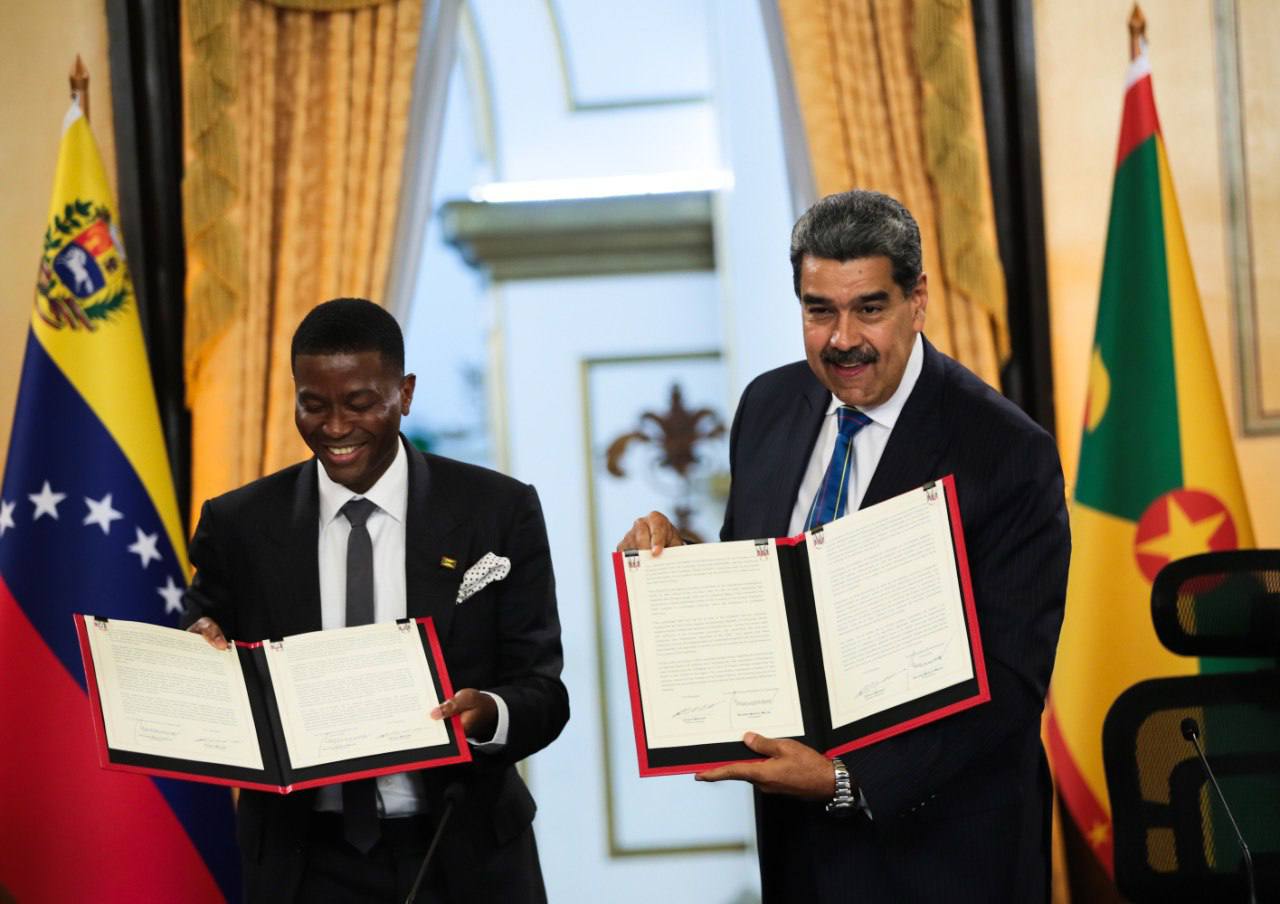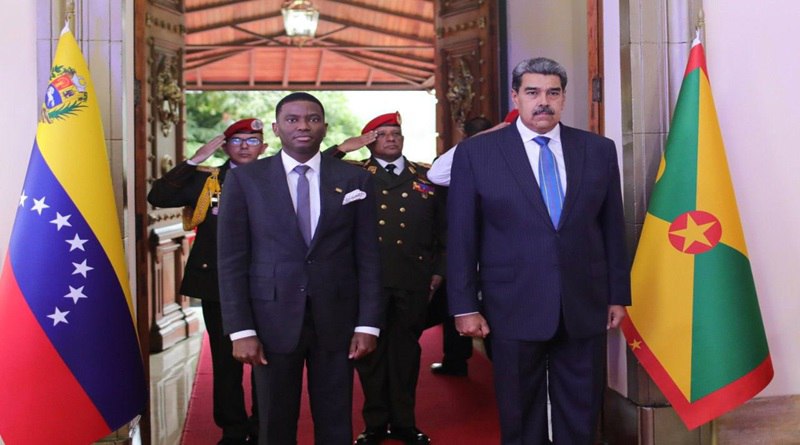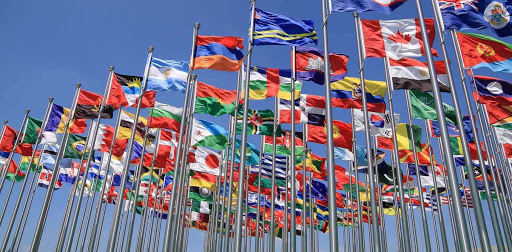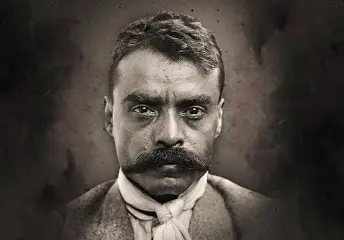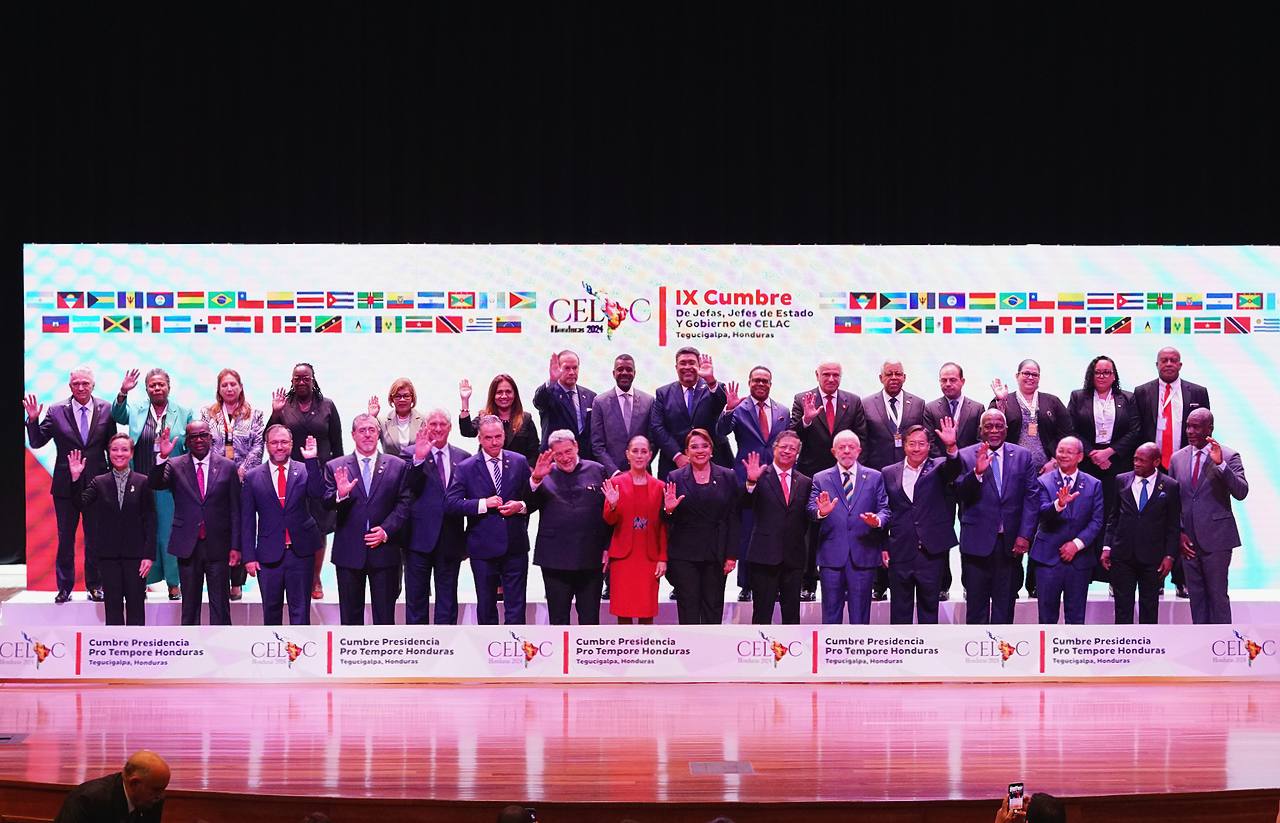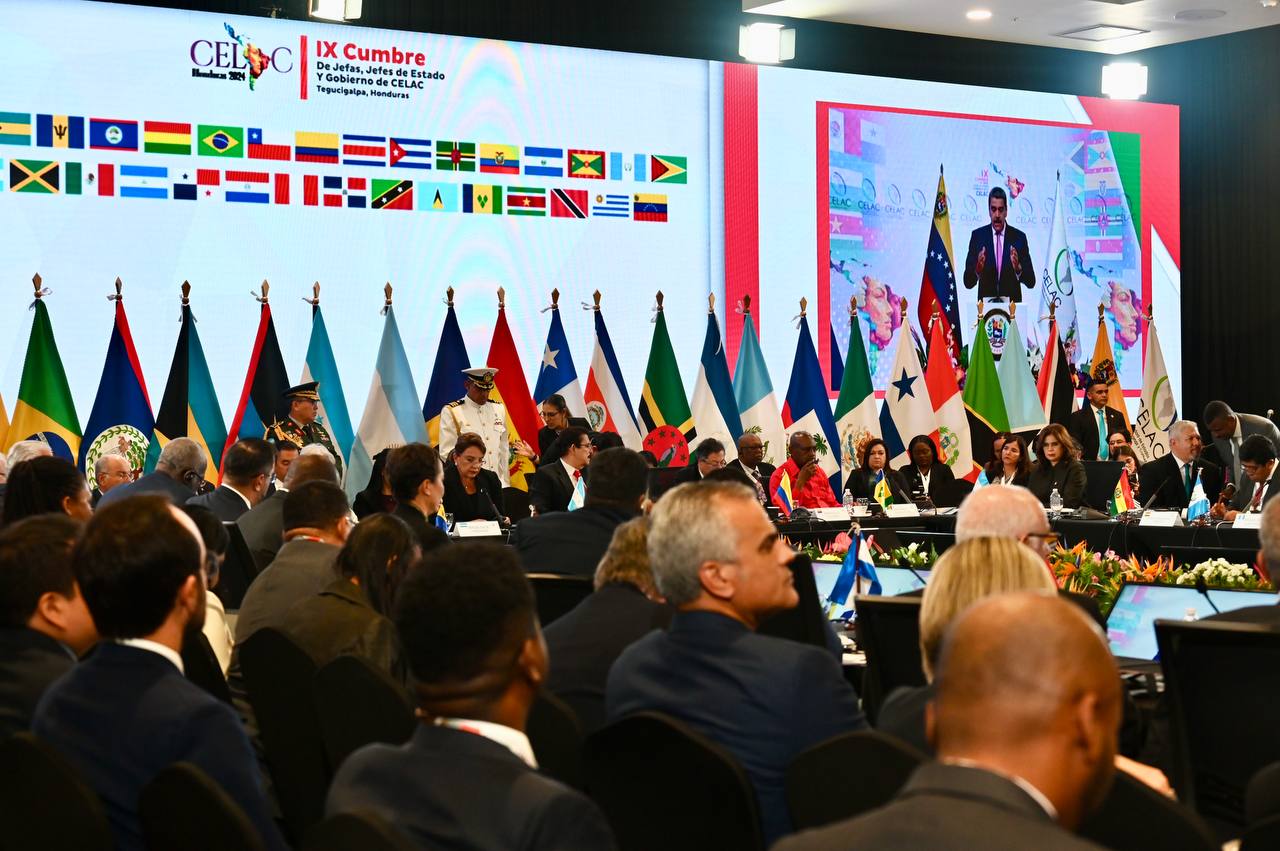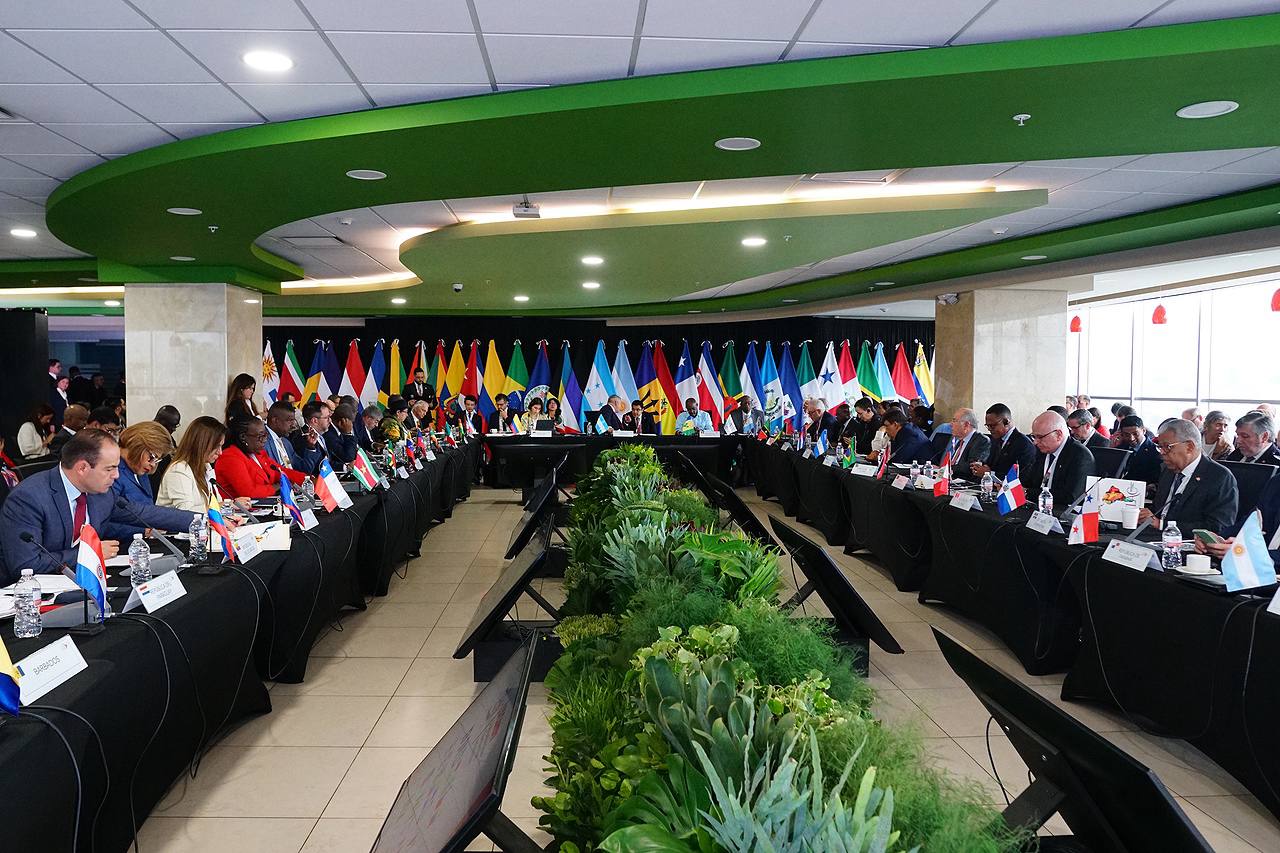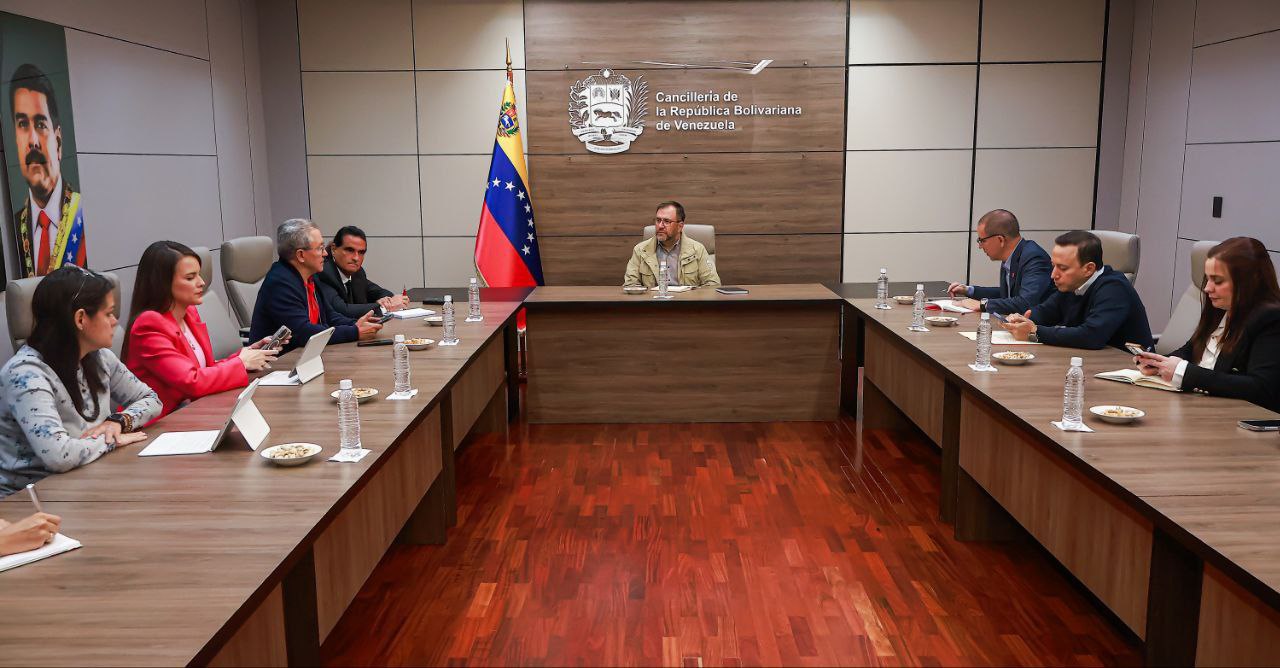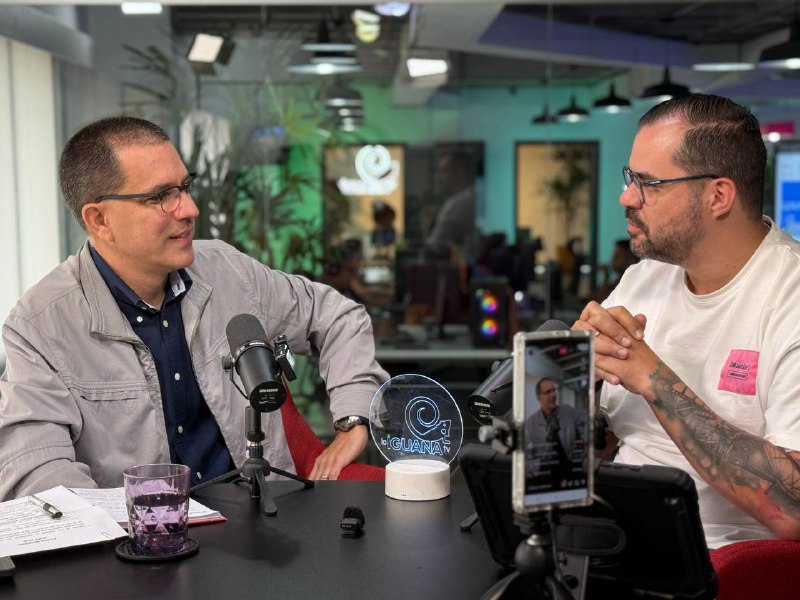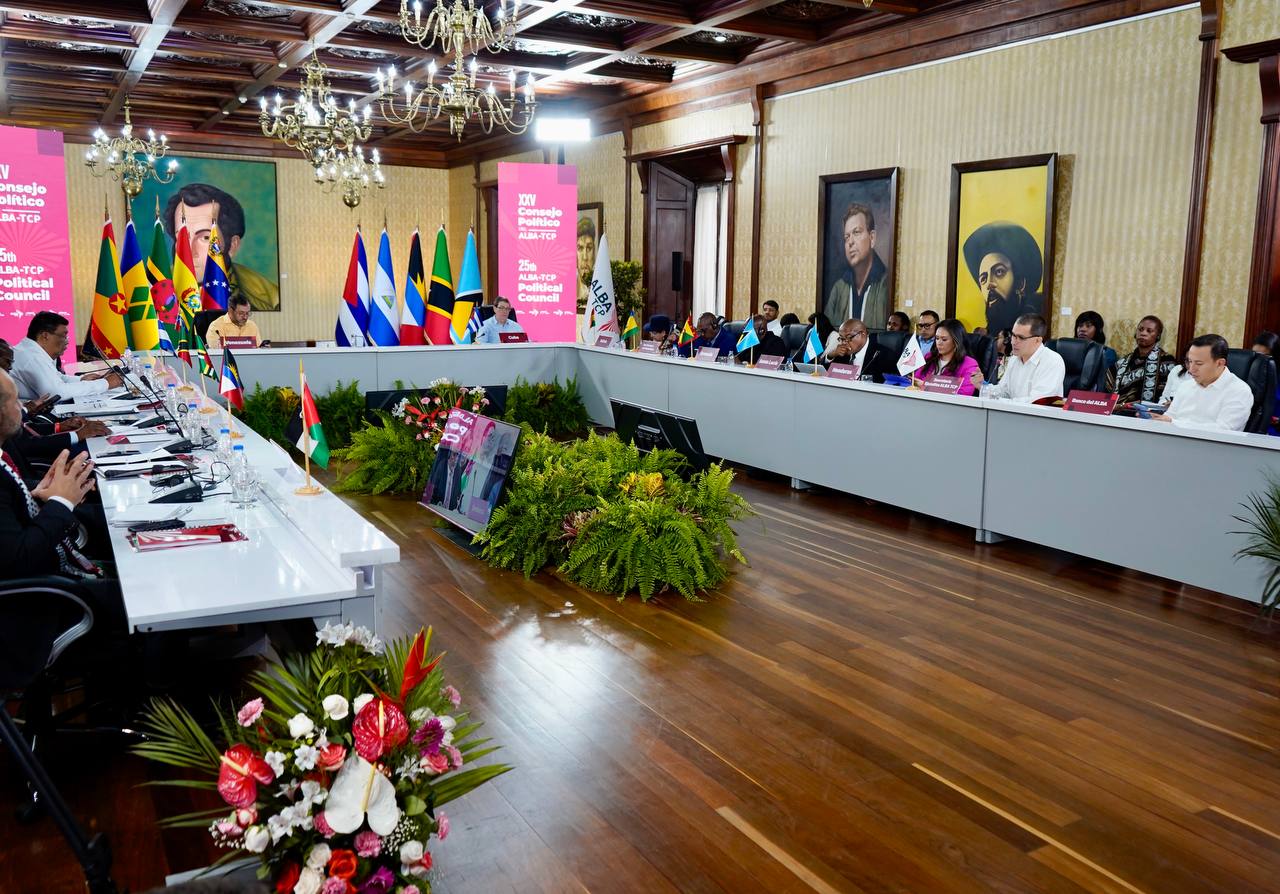Caracas, April 29, 2025 – In a significant event, the President of the Bolivarian Republic of Venezuela, Nicolás Maduro Moros, and the Prime Minister of Grenada, Dickon Mitchell, signed a joint declaration, while the foreign ministers of both nations endorsed a key agreement aimed at strengthening ties between the two countries.
These documents reflect a shared commitment to deepen cooperation and address the challenges of the international agenda.
During their meeting, both leaders reaffirmed the bonds of brotherhood and solidarity that exist between Venezuela and Grenada.
They discussed the most pressing matters on the international agenda, including the common challenges and difficulties faced by both nations.
The joint declaration highlights the importance of collaboration in the political and social spheres, as well as the need for a coordinated response to global realities.
Venezuela and Grenada expressed their satisfaction with the current state of productive bilateral relations and identified important opportunities and prospects for further expansion.
This meeting marks a decisive step toward strengthening mutual cooperation across various areas.
The agreement, signed by the foreign ministers of Venezuela and Grenada, establishes a roadmap for the development of cooperation between Grenada and the Bolivarian Republic of Venezuela for the 2025–2027 period. This was formally endorsed by the foreign ministers of both nations.
The plan aims to consolidate a strategic bilateral alliance designed to maximize mutual benefits through the complementarity of their economies.
Both countries emphasized the importance of acting in strict adherence to the principles of equality, trust, mutual respect, and mutual benefit.
This approach ensures that cooperation remains sustainable and responsive to the specific needs and realities of each country.
The agreements signed during this meeting represent a significant step forward in the integration and collaboration between Venezuela and Grenada.
With a clear focus on joint development, both countries are preparing to effectively confront future challenges, consolidating a relationship that promises lasting benefits for their peoples.
Prensa Presidencial
